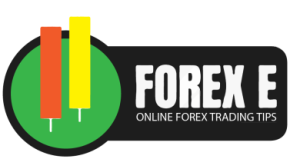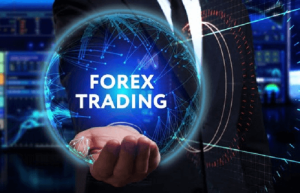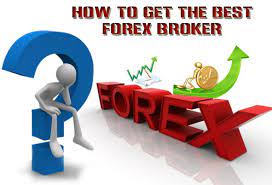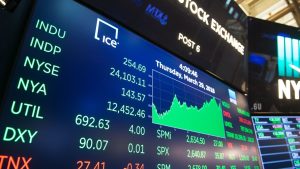Forex Brokers

Forex brokers make money by enabling traders to amplify their gains when trading currency pairs using leverage, as well as by charging a fee known as “spreads”.
Regulated brokers are legally obliged to act in the best interests of their customers and refrain from engaging in any fraudulent activities; however, scams still exist and many brokers offer complex terms and conditions which make withdrawing your funds difficult.
Contents [hide]
They offer demo accounts
Forex demo accounts provide new traders with an invaluable way to familiarise themselves with the platform and practice trading strategies without risking real money. It is important to keep in mind, though, that trading on a demo account should only ever be seen as temporary measure until you develop an efficient system for yourself.
Demo accounts provide access to an extensive variety of markets and offer all of the functionality of live trading accounts, while enabling traders to test different order types, trading indicators, and leverage. Some brokers even provide leverage in demo accounts – though this may tempt novice traders to overtrade excessively in their demo account and incur financial losses as a result. Therefore it is advisable for beginners to choose brokers with reliable demo accounts with educational materials available as well as round-the-clock customer support and 24/7 service provision.
They are regulated
Regulated brokers must meet certain requirements in order to register with the Commodity Futures Trading Commission (CFTC), including adhering to financial standards, disclosing trader information, and passing background checks. Traders can access this information on the CFTC’s website.
Foreign Exchange Trading can be an unpredictable business, and the CFTC holds brokers responsible for their actions. Brokers must provide traders with an accurate description of risks involved with trading; costs for trading (such as spreads); as well as disclose what percentage of their clients lose money on each trade.
Regulations may differ depending on your country of residence, but typically include disclosure requirements and risk management regulations. For instance, US brokers with regulatory oversight cannot offer leverage of more than 50:1. This restriction aims to limit how much risk retail traders take on while also mandating brokers keep client funds segregated into segregated accounts.
They offer trading platforms
Forex brokers provide trading platforms that enable traders to purchase and sell currencies. These platforms can be accessed on computers, tablets and mobile phones; additionally they may offer news, analysis and educational resources as well as free practice accounts that allow investors to test the waters before investing real money.
Many forex brokers provide clients with access to various assets, from cryptocurrency and stocks, to commodities or equities. Some specialize in certain asset classes like equity or commodities while others don’t specialize in anything at all; also some brokers have dealing desks where clients interact directly while others don’t.
Brokers typically receive compensation in one of two ways: either charging a spread, or by taking the other side of trades. A spread refers to the difference between bid and ask prices; its amount varies between brokers. IG offers low spreads on an assortment of assets; it is highly regulated in America.
They have a good reputation
Forex Brokers enjoy an excellent standing in the market and offer attractive trading fees; some, like Exness, don’t charge commissions at all! Additionally, they provide exceptional customer service and feature set to make them top picks among traders.
Forex trading is an attractive form of investing money by wagering on the price differences between currencies. The rewards could be enormous and brokers can maximize gains or losses using leverage; typically expressed as an explicit ratio such as 500:1, which means you could control an account worth $500 with just $1 on deposit as margin.
Traders should only select brokers registered with the Commodity Futures Trading Commission and regulated by the National Futures Association, and pay all necessary taxes as this will help avoid scams and minimize losses. Furthermore, the CFTC provides an investor search tool allowing them to check a broker’s registration, discipline history and disclosure history.









